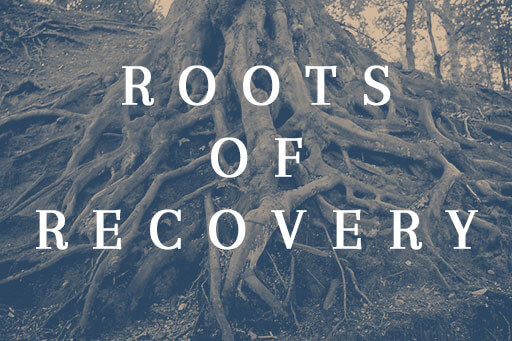The Roots of Addiction Recovery

Many treatment programs attempt to tackle addiction and substance abuse problems head-on with laser accuracy, and, as a result, they often miss the opportunity to address holistically the deeper issues that directly affect one’s ability to maintain long-term recovery from addictive disorders. Oftentimes, such approaches fail to see the forest (emotional issues/mental health issues) for the trees (addiction issues).
At Fulshear Treatment to Transition, we understand that terms like “co-occurring disorders” and “dual diagnoses “ are not just academic jargon; we recognize they are not the exception, but rather the norm. Whether mental health/emotional issues arise before, during, or after heavy drug and alcohol use, the two typically end up developing and progressing hand-in-hand. There is generally no simplistic cause & effect relationship to elucidate, and, as experts agree, both must be treated in tandem. With collaborative and focused attention on trauma work, attachment disorders, and other emotional distress, our clinicians are able to access, treat, and resolve the deeper, underlying issues that often fuel addictive disorders.
Each woman who struggles with substance use at Fulshear is afforded the critical benefit of having a master’s-level primary therapist as well as a chemical dependency counselor. She meets with each of them weekly for sessions, and the therapist and counselor also collaborate weekly in structured treatment team meetings as well as spontaneous consultations. Treatment plans are developed that explicitly address her mental health and substance abuse issues simultaneously, and these are reviewed in conjunction with our psychiatrist on a weekly basis during clinical meetings.
The women are engaged in an intensive daily schedule of recovery programming that includes:
- individualized therapeutic sessions
- chemical dependency groups
- treatment team sessions
- off-campus 12-step meetings with counselor accompaniment
- client-led recovery meetings on campus
- health conditioning opportunities including the local YMCA as well as a cross-fit gym
- community outings such as meditation workshops, 5K runs, and service work projects.
Family members are also included in the therapeutic process by engaging in weekly family sessions with the primary therapist. Our chemical dependency counselors also work with the family members in person during our quarterly family programs. All of these interactions allow for a systemic recovery approach, which honors the complexity of family systems. Research consistently shows that when families are involved in the treatment process, the client’s chances for long-term success are significantly improved.
Fulshear Treatment to Transition provides a unique therapeutic experience for young women struggling with substance abuse issues. The depth and duration of the program allow the women to explore the deeper issues that are at play in their substance abuse patterns in order to get to the core of their emotional issues that feed into chemical dependency. Ultimately, this method allows each client to discover her true potential and develop holistic roots of security, meaning, and purpose as a healthy, strong, and influential woman.
